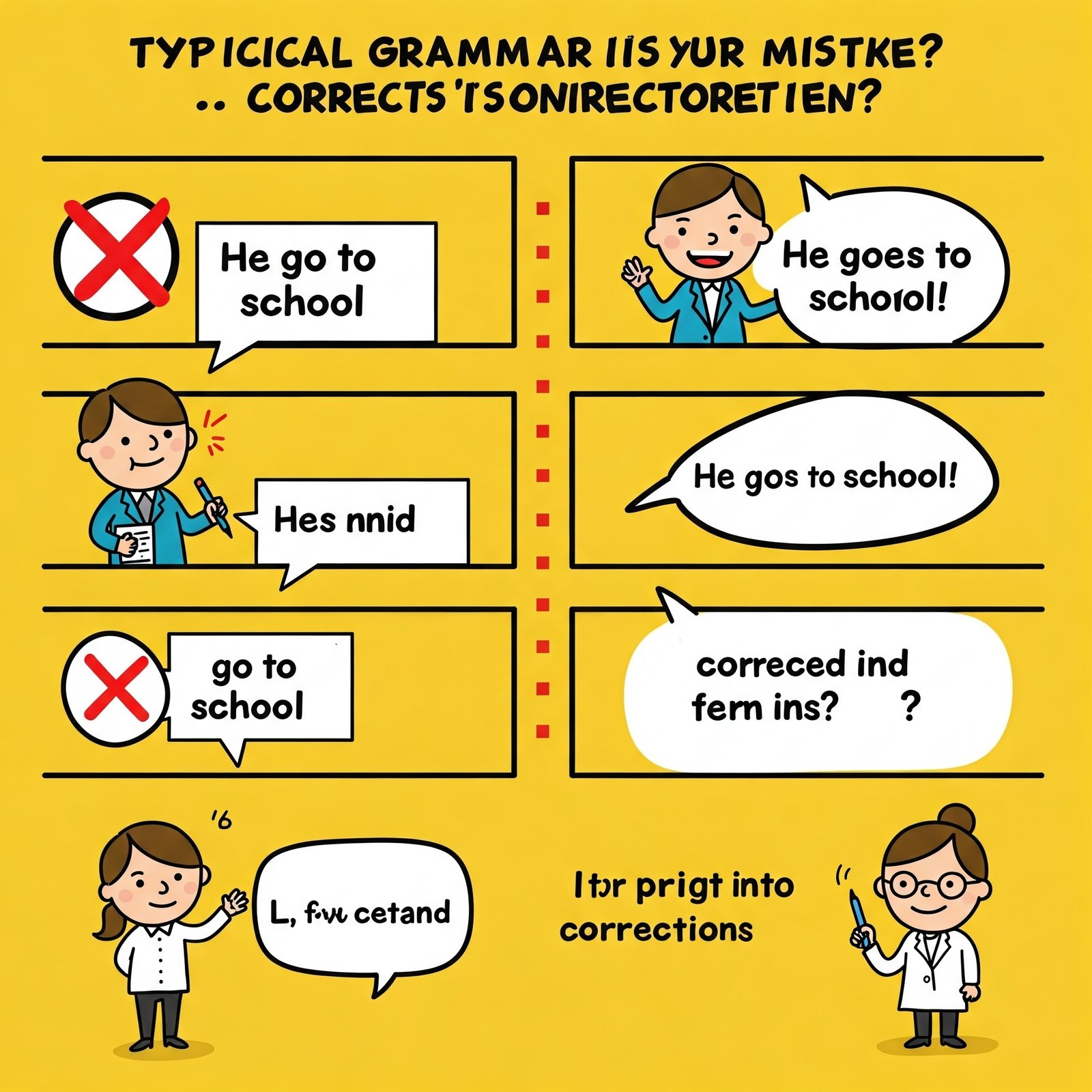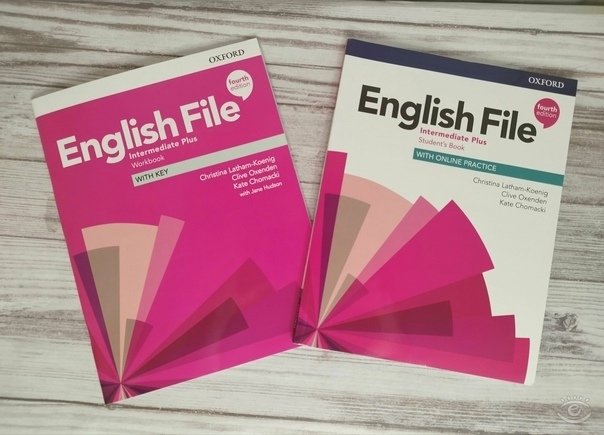
Top 10 Tips to Learn English Faster for Beginners
14 Apr 2025
Tip 1: Set Clear Goals and Create a Study Schedule
Begin by outlining what you want to achieve. Whether it’s learning 10 new words a day or mastering a specific grammar rule each week, setting clear, measurable goals can keep you motivated. Create a daily or weekly schedule that dedicates time to each aspect of language learning—listening, speaking, reading, and writing.
Tip 2: Immerse Yourself in English Every Day
Surround yourself with the language as much as possible. Listen to English podcasts, watch movies or TV shows, and try reading simple articles or children’s books. Immersion not only builds familiarity but also helps you pick up new vocabulary and phrases naturally.
Tip 3: Build Your Vocabulary Actively
Use flashcards, mobile apps, or vocabulary lists to learn new words every day. Organize your vocabulary by theme—like food, travel, or work—to make it easier to recall and use in daily conversations. Make a habit of revisiting and practicing these words regularly to reinforce your memory.
Tip 4: Understand Grammar Through Practical Examples
Grammar can seem daunting, but learning grammar with real-life examples makes it more approachable. Focus on one concept at a time; for instance, when studying the present simple tense, notice how it appears in news headlines or everyday conversations. Write your own sentences based on those examples to solidify your understanding.
Tip 5: Practice Pronunciation Early and Often
Good pronunciation is key to effective communication. Use language learning apps that focus on speaking and listening, record yourself to identify areas for improvement, and mimic native speakers through shadowing exercises. Even practicing in front of a mirror can boost your confidence.
Tip 6: Engage in Daily Speaking Exercises
Don’t wait until you feel ‘ready’ to speak English—start practicing as soon as you can. Even if it’s just talking to yourself or reading aloud, regular speaking practice helps build muscle memory for correct pronunciation and language rhythm. Consider joining language exchange communities or conversation clubs online.
Tip 7: Leverage Technology and Online Resources
Take advantage of the many free resources available online. Websites, YouTube channels, and mobile apps designed for English learners can offer interactive lessons and quizzes to track your progress. Whether it’s practicing grammar drills or engaging with interactive exercises, these tools can make learning fun and effective.
Tip 8: Write Regularly to Enhance Retention
Writing helps reinforce what you’ve learned and identifies gaps in your knowledge. Try keeping a daily journal, writing short paragraphs about your day, or even engaging in social media posts in English. Regular writing practice will improve both your grammar and vocabulary usage over time.
Tip 9: Review, Test, and Reinforce Your Knowledge
Make it a habit to review old lessons and test yourself periodically. Repetition is crucial when learning a new language. Quizzes, flashcard reviews, and informal self-tests can help you gauge your progress and retain information longer.
Tip 10: Stay Positive, Reward Yourself, and Keep Learning
Language learning is a journey with ups and downs. Celebrate your progress no matter how small, and don’t be discouraged by mistakes—they’re a natural part of the learning process. Keep your sessions fun and varied by mixing different types of exercises, and periodically reward yourself when you hit important milestones.
In summary, the journey to mastering English is best approached with a clear plan, consistent practice, and a positive mindset. By implementing these 10 tips, you’ll be well on your way to learning English faster while building habits that will support your long-term success. Happy learning!




